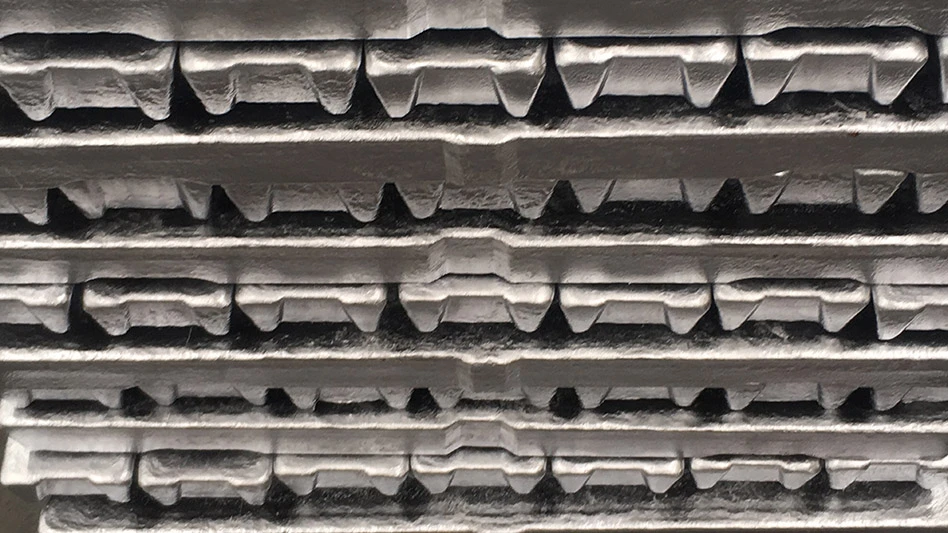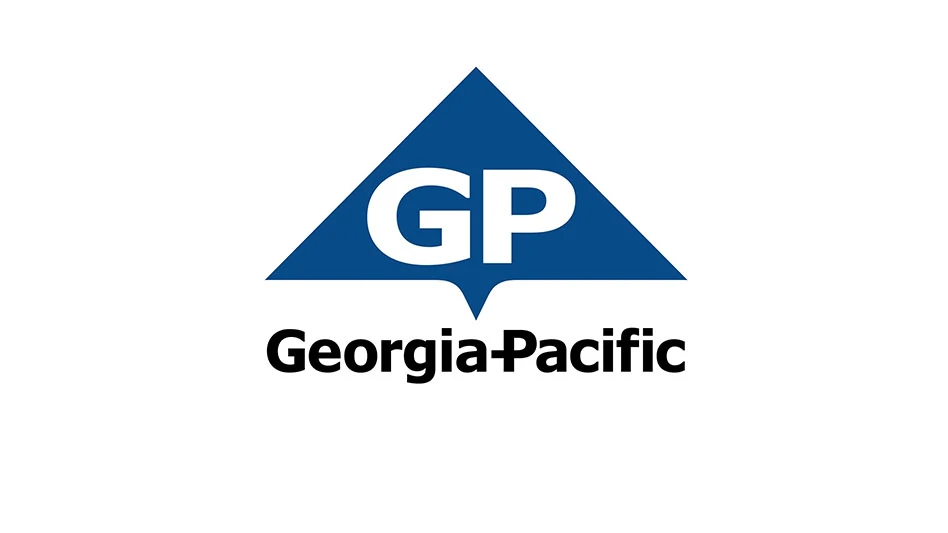AMERICAN PULVERIZER MAKES TEXAS SALE
A metals shredding system featuring equipment made by American Pulverizer Co. and its sister company Hustler Conveyor Co., St. Louis, has been installed at Hawk Steel in Kennedale, Texas.
The system will be handling industrial scrap clip and skeletal materials, as well as irony aluminum. The 60 by 60 shredder is powered by a 1,250 horsepower engine fed by a piano-hinge infeed conveyor made by Hustler.
A rotary drum magnetic separation system and both ferrous and nonferrous stacking conveyors operate downstream.
Hawk Steel expects to process between 1,500 and 2,000 tons per month through the system.
Lubo Equipment Installed in California
EDCO Corp., Lemon Grove, Calif., is using a newly installed system from Lubo USA, Stamford, Conn., to separate paper from containers at its recycling facility. The mixed paper-container separator, also known as a "Banana screen system," was added to work in tandem with EDCO’s existing BHS sorting system.
The new screening equipment was customized to fit EDCO’s floor space, and will allow EDCO to separate paper and containers at a high throughput rate.
|
HARRIS MAKES SHEAR, BALER SALES |
|
A BSH-1023-B-4 shear made by Harris Press & Shear, Peachtree City, Ga., has been installed at C&C Scrap Iron & Metal in King’s Mountain, N.C.
The new shear is powered by a 400 horsepower motor, and features a flooded-suction hydraulic power unit. “When we evaluated the Harris shear design and construction against the competition, there was no contest,” says C&C Scrap’s Dennis Conner. “We have operated Harris equipment for a number of years and have found their designs and construction to be extremely reliable and efficient.” An HRB-Centurion baler has been installed by Harris at Millennium Paper Recycling, Suffern, N.Y. The Centurion, equipped with a 200-horsepower flooded suction hydraulic power unit, is designed to provide reliability, density, capacity and speed. “The Centurion has exceeded our expectations in all areas of its performance, but most importantly in its cycle time,” says Frank Celli of Millennium Paper Recycling. Harris vice president of sales and marketing Scott Williams touts the hydraulic systems of the latest Harris models as a selling point. “The progress made in our hydraulic power technology will definitely help Harris retain its position as industry leader,” he states. |
Niton Up to Universal Task
A combination of large stationary XRT-800 and hand-held XL-800 alloy analyzers from Niton Corp., Billerica, Mass., is now on the job at Universal Metal Corp., Worcester, Mass.
The analyzers have been purchased by the scrap specialty metals company to replace units lost in a September 2001 fire and to supplement its analyzing capabilities.
Universal foremen like Jimmy Vincent are accustomed to using old stationary machines made by Kevex, but the company no longer produces the models preferred by Universal. After listening to what Universal required in its stationary analyzers, Niton Corp. designed its XRT-800 model to withstand the high-production environment.
"This is a good production unit," says Vincent. "If you’re setting up a barrel with 1,000 pieces, you can run that in a day with the Niton XRT-800. With some of the other machines on the market, it could take you three or four days."
A key difference, according to Vincent and Universal Metal Corp. chemist Albert Gagnon, is the display capability of the XRT-800. "We need to see 16 or 17 elements on each sample we read," says Gagnon. "Some models only show 10 or 12, so you then have to hit another button or even go into another mode to finish the analysis."
Universal has also been impressed with the "reproducibility" of the Nitons they own. That is, when the same sample is submitted 10 or 15 times as a test, the analysis displayed is identical each time. "There are some alloys that are very close (in chemistry)," notes Gagnon. "With some machines we tested, some of them identified a particular alloy slightly differently.
"Niton was a good company to deal with," says Gagnon. "They’ve been very receptive to what our needs are in regard to these machines."

Explore the April 2002 Issue
Check out more from this issue and find your next story to read.
Latest from Recycling Today
- OnePlanet Solar Recycling closes $7M seed financing round
- AMCS launches AMCS Platform Spring 2025 update
- Cyclic Materials to build rare earth recycling facility in Mesa, Arizona
- Ecobat’s Seculene product earns recognition for flame-retardant properties
- IWS’ newest MRF is part of its broader strategy to modernize waste management infrastructure
- PCA reports profitable Q1
- British Steel mill subject of UK government intervention
- NRC seeks speakers for October event






